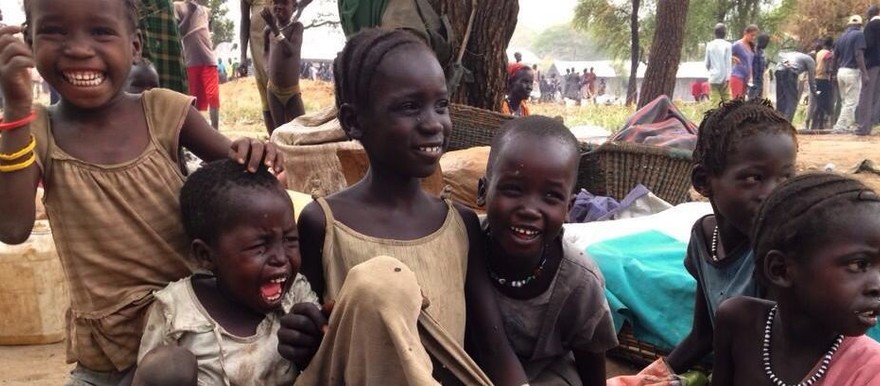The existing refugee camps in western Ethiopia are described as ‘full’, with the exception of Kule 2 camp, as the number of South Sudanese refugees in the country rose to over 133,00 owing to recent fighting in Upper Nile and Jonglei states.
More camps will be established if the refugee flow from South Sudan continues. According to the United Nations Office for Coordination of Humanitarian Affairs (OCHA), the daily average of refugees crossing the Ethioipan border was about 1,000 per day during the month of May.
Since mid-December, more than 133,000 South Sudanese refugees arrived in Ethiopia’s Gambella region, reported OCHA’s Ethiopia office, in a weekly humanitarian bulletin dated 26 May.
OCHA-Ethiopia noted that fighting in some neighboring parts of South Sudan has continued despite the ceasefire agreement, driving refugees into Gambella region.
Refugees are being registered at main entry points, including Pagak, Akobo and Burubiey. The UN agency says that Leitchor, Kule 1, Okugo and Pugnido camps are at full capacity, so all new arrivals are being relocated to the new Kule 2 camp, which opened on 17 May.
“Already hosting 2,664 refugees as of 22 May, and with an estimated 6,300 people at the various entry points awaiting relocation, Kule 2 will soon reach its full capacity of 30,000 people,” says OCHA.
Once the camp reaches its full capacity, new arrivals will be settled at a new camp site in Jikawo woreda. The new site has already been identified by the UN Refugee Agency together with the Ethiopian national relief agency.
Refugees who arrive in the Ethiopian camps receive high energy biscuits from the UN World Food Programme. Their children are also typically vaccinated for polio and given vitamin A supplements and deworming treatments.
In its weekly bulletin, OCHA disclosed also that a suspected case of Visceral Leishmaniasis (a highly fatal disease commonly known as kala-azar) was reported in Kule 1 refugee camp.
“The Regional Health Bureau (RHB), with support from WHO and other health partners, have dispatched the necessary guideline and test kits, which helped case confirmation, and relevant drugs to the area,” the bulletin reads.
OCHA also reports preparations by the Gambella Regional Health Bureau and Ethiopian Public Health Institute to prepare for possible outbreaks of acute watery diarrhea, following reports of a cholera outbreak in neighboring South Sudan.
File photo (UNHCR)




